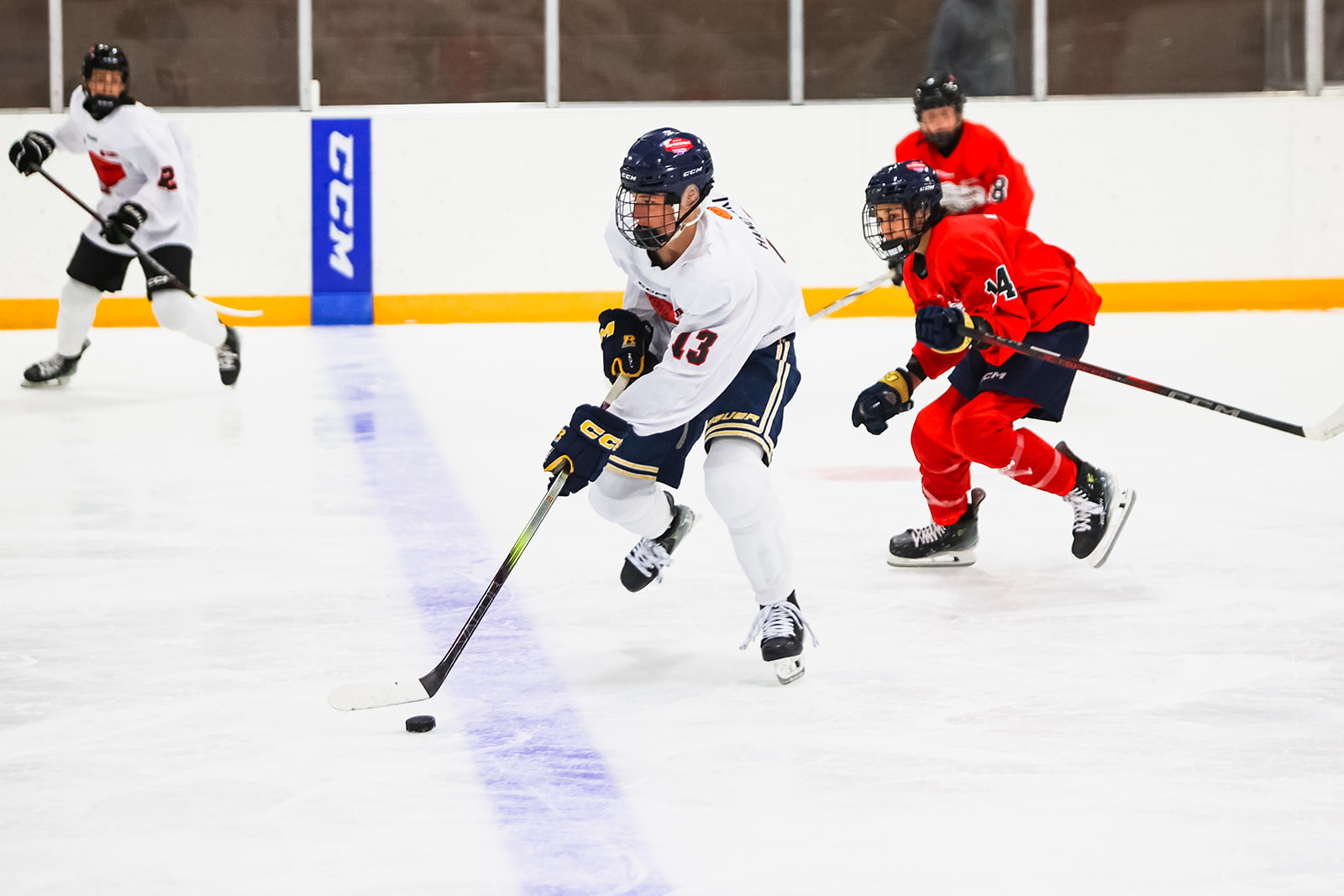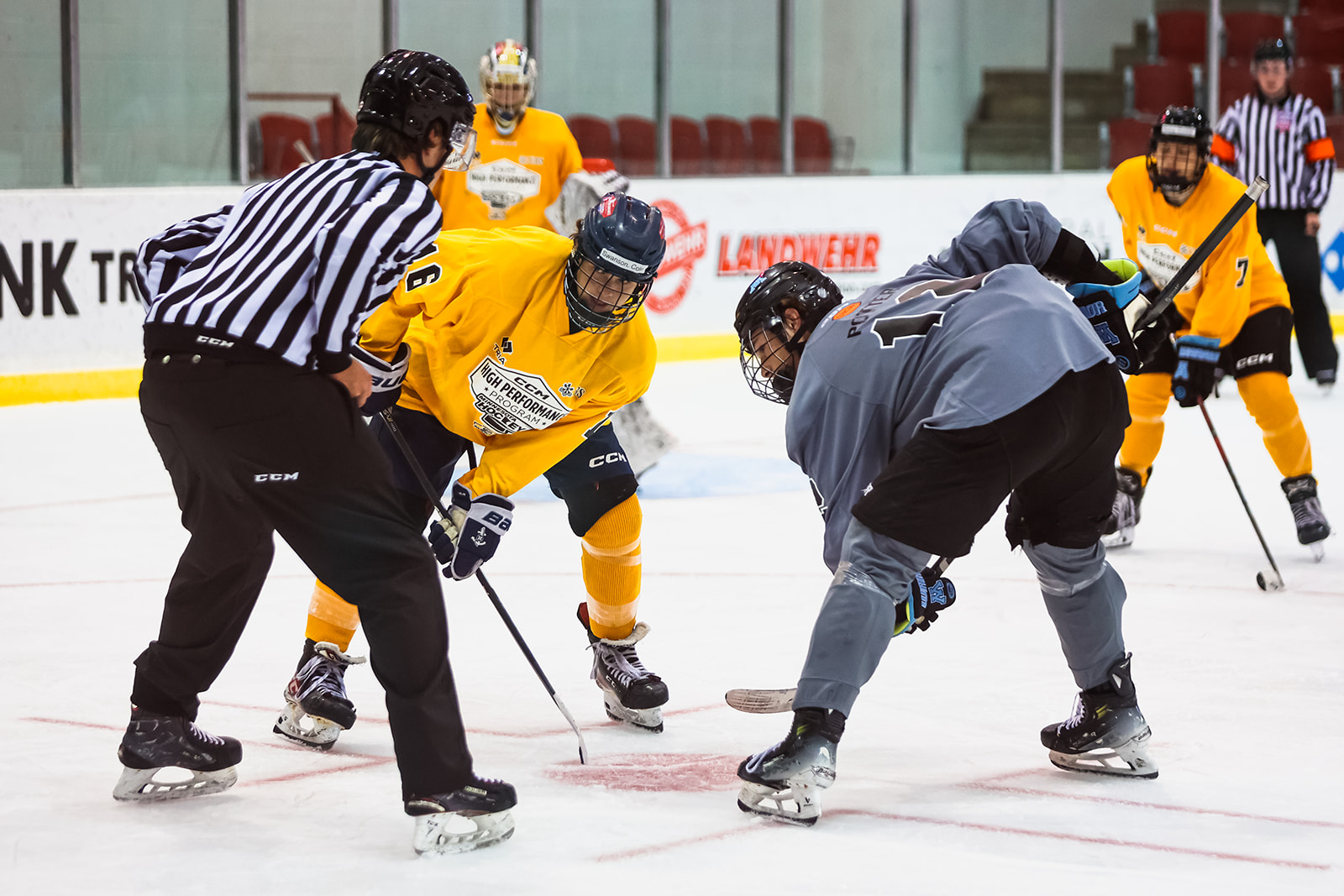
In the world of sports, physical conditioning and skill development are often the focus of athletes and coaches. However, there is another crucial aspect that can significantly impact performance: the mental game. Hockey, being a fast-paced and highly strategic sport, demands strong cognitive abilities and mental resilience. In this article, we will explore the importance of cognitive training in enhancing hockey performance. From sharpening focus and decision-making to managing pressure and maintaining composure, cognitive training plays a vital role in helping players master the mental game and achieve their full potential on the ice.
1. The Role of Cognitive Skills in Hockey Performance
Hockey requires a unique combination of physical prowess, technical proficiency, and mental acuity. While physical training and skill development are essential, cognitive skills form the foundation of effective gameplay. Cognitive abilities such as attention, focus, decision-making, memory, and problem-solving are crucial for players to analyze situations, react quickly, and make effective choices on the ice.
2. Enhancing Focus and Concentration
In the fast-paced and dynamic environment of a hockey game, maintaining focus and concentration is paramount. Cognitive training exercises can help players improve their ability to block out distractions, stay engaged in the game, and direct their attention to critical cues. By honing their focus, players can better track the puck, anticipate movements, and make accurate passes, resulting in improved overall performance.
3. Improving Decision-Making Abilities
Quick and accurate decision-making is vital in hockey, where split-second choices can determine the outcome of a play. Cognitive training programs designed for hockey players focus on developing rapid decision-making skills, training players to assess options, anticipate opponents’ moves, and execute the most effective strategies. Improved decision-making abilities lead to more efficient gameplay and higher success rates in critical situations.
4. Managing Pressure and Anxiety
Hockey matches can be intense and high-pressure situations, especially during crucial moments or important games. Cognitive training equips players with techniques to manage stress, control anxiety, and stay composed under pressure. By learning strategies to regulate their emotions and maintain mental clarity, players can perform at their best even in challenging circumstances, minimizing the negative impact of stress on their game.
5. Strengthening Resilience and Composure
In the face of adversity or setbacks, maintaining resilience and composure is essential for hockey players. Cognitive training helps players develop mental toughness, enabling them to bounce back from mistakes, stay focused on the game, and maintain confidence in their abilities. By strengthening resilience and composure, players can overcome obstacles and maintain consistent performance throughout the game.
6. Building Team Communication and Coordination
Effective communication and coordination among teammates are crucial for successful gameplay in hockey. Cognitive training programs incorporate exercises that enhance players’ ability to read their teammates’ cues, make split-second decisions together, and execute coordinated plays. Improved team communication and coordination lead to better synergy on the ice, increasing the team’s overall performance.
7. Maximizing Performance through Visualization
Visualization is a powerful cognitive tool that can significantly impact hockey performance. Cognitive training teaches players to visualize game scenarios, imagine successful plays, and mentally rehearse strategies. By consistently practicing visualization techniques, players enhance their muscle memory, improve their reaction times, and increase their confidence in executing complex maneuvers during actual gameplay.
8. The Benefits of Cognitive Training Programs
Cognitive training programs tailored for hockey players offer numerous benefits. They provide structured exercises and drills that specifically target cognitive skills necessary for optimal performance. These programs improve players’ ability to process information quickly, make split-second decisions, and maintain focus and composure during high-pressure situations. Furthermore, cognitive training enhances overall brain health, contributing to improved cognitive function and well-being beyond the realm of hockey.
9. Incorporating Cognitive Training into Hockey Practice
To reap the full benefits of cognitive training, it should be integrated into regular hockey practice routines. Coaches can include specific drills that challenge players’ cognitive abilities, such as decision-making under time constraints or situational awareness exercises. By incorporating cognitive training into practice sessions, players develop their mental game alongside their physical skills, resulting in a more well-rounded and capable athlete.
10. The Future of Cognitive Training in Hockey
As the understanding of the role of cognitive skills in sports performance continues to evolve, the future of cognitive training in hockey looks promising. Advances in technology, such as virtual reality and neurofeedback, hold the potential to revolutionize cognitive training methods, providing more immersive and personalized experiences for players. As the benefits of cognitive training become more widely recognized, it is expected to become an integral part of hockey training programs at all levels.
Conclusion

Mastering the mental game is a critical aspect of achieving peak performance in hockey. By engaging in cognitive training programs, players can enhance their focus, decision-making abilities, and composure on the ice. These programs not only improve individual performance but also contribute to better team communication and coordination. As the field of cognitive training continues to advance, integrating it into hockey practice routines will become increasingly important for players aspiring to reach their full potential.
FAQs
Q. Is cognitive training only beneficial for professional hockey players?
A. Cognitive training can benefit players at all levels, from beginners to professionals. It helps improve cognitive skills that are fundamental to effective gameplay, regardless of skill level.
Q. Can cognitive training replace physical training in hockey?
A. Cognitive training should complement physical training, not replace it. Both aspects are essential for well-rounded hockey performance, with cognitive training enhancing the mental aspects of the game.
Q. How long does it take to see results from cognitive training?
A. The time required to see noticeable results from cognitive training can vary among individuals. Consistent practice over an extended period is key to achieving significant improvements in cognitive skills.
Q. Are there any age restrictions for cognitive training programs in hockey?
A. We recommend starting to train with IntelliGym at the age of ten or older, tactical hockey training with IntelliGym is designed for players of all skill levels. The program adapts to individual abilities and gradually increases the difficulty to ensure continuous improvement.
Q. Can cognitive training help with off-ice decision-making skills as well?
A. Yes, cognitive training develops transferable skills that can benefit decision-making in various aspects of life, not just on the ice. The improved cognitive abilities can have positive effects beyond the realm of hockey.
Get Your IntelliGym® Training Plan Now.

